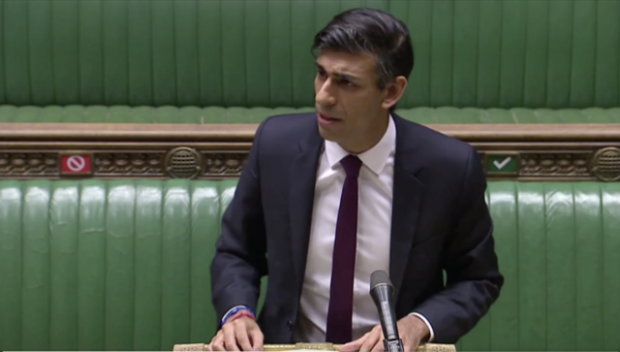UK Prime Minister Rishi Sunak’s plan to bypass the Human Rights Act to enforce his immigration policy, specifically the controversial Rwanda asylum seeker transfer, has sparked a debate about the implications for human rights in the UK.
This strategy, aimed at tackling the Channel migrant crisis, faces opposition from within his own party and may result in parliamentary challenges.

UK Prime Minister Rishi Sunak is contemplating bypassing the Human Rights Act to implement his immigration policy of sending asylum seekers to Rwanda, where they will have to remain, even if their claim for asylum [judged by Rwanda’s rules, not the UK’s] is successful.
This move, aimed at addressing the alleged Channel migrant crisis, is facing potential opposition within his own party and could lead to further parliamentary rebellions from the so-called party of stability.
Sunak’s plans have come under intense scrutiny after the UK’s highest court declared them unlawful due to the risk of refoulement.
The government is now exploring ways to fast-track an emergency bill to circumvent legal challenges but faces significant hurdles including potential defiance from Conservative MPs and pesky legal obligations under international law.
Former Supreme Court Judge Lord Sumption expressed doubts about the viability of the Rwanda scheme, suggesting it might be effectively over.
Chancellor Jeremy Hunt defended the government’s approach, asserting their intention to stay within the European Convention on Human Rights (ECHR).
However, Sunak faces pressure from the right wing of his party and the New Conservatives group to disregard the Human Rights Act.
The government’s stance has been already criticised for breaching international law and the rights of asylum seekers, with experts and refugee advocates highlighting the inhumanity and impracticality of the current policies.
If Sunak succeeds in bypassing the Human Rights Act to enforce his immigration policy, it would set a concerning precedent, endangering the rights of not just asylum seekers but all individuals in the UK.
The Human Rights Act is a crucial safeguard, ensuring that everyone’s fundamental freedoms and protections are upheld under the law. Circumventing this Act, even under the guise of addressing specific issues like immigration, erodes these protections.
By overriding established human rights frameworks, the government would diminish accountability and open the door further to arbitrary decisions and abuses of power.
This would lead us further down a slippery slope where the rights and freedoms of all individuals in the UK, not just immigrants and asylum seekers, are vulnerable to political whims.
Upholding the Human Rights Act isn’t just about protecting a specific group; it’s about preserving the integrity of justice and equality for everyone in the country.











